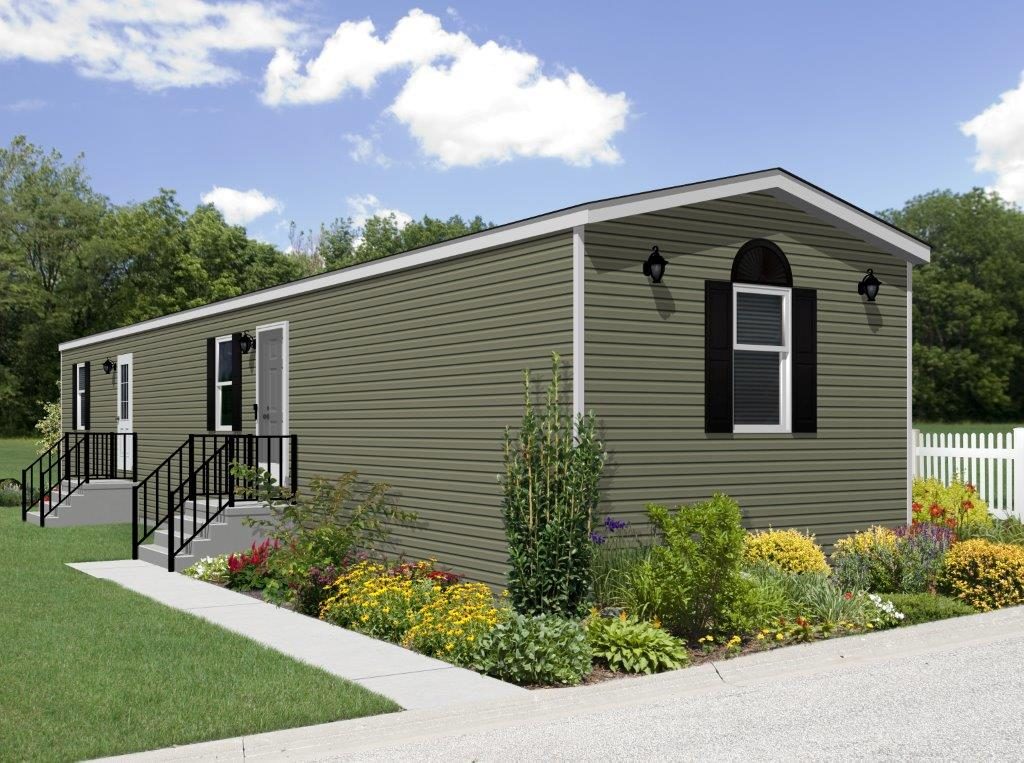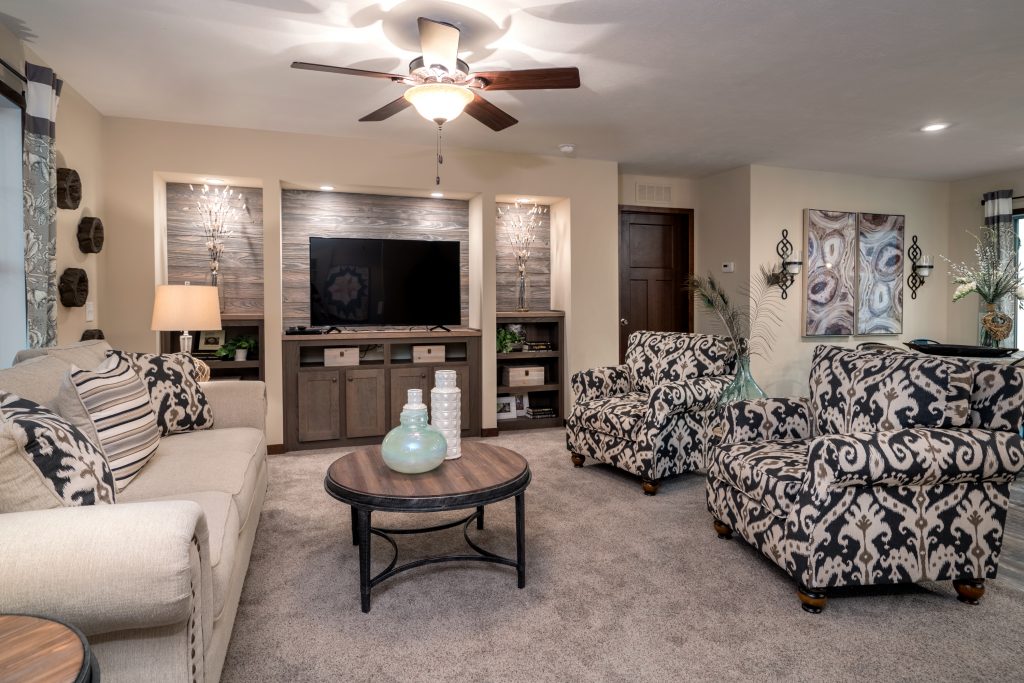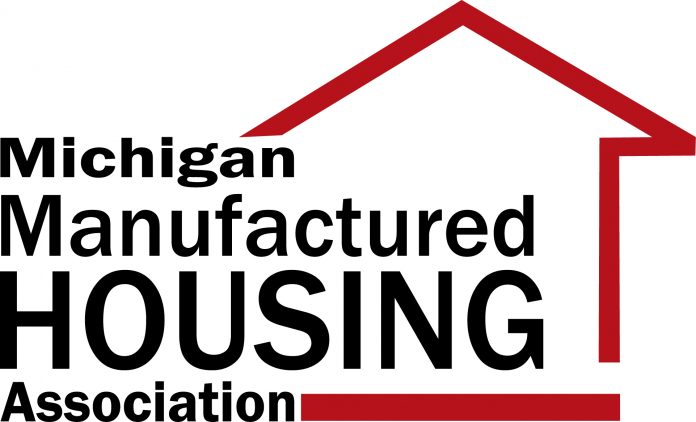MMHA Works Deal to Save Installers, Servicers on Manufactured Housing Licensing Change
It was late July when Denise Demmink received an “earth-shattering” email on a pending manufactured housing licensing change.
“I got pretty worked up over it,” Denise said. She and her husband Rick Demmink run Demmink’s Mobile Service in Lowell, Mich. “It would have put us out of the relocation business overnight.”
The email was from the Michigan Manufactured Housing Association, or MMHA. It had an urgent warning for its members. The state government was changing its manufactured housing licensing rules for installers and servicers of relocated homes. The new rules would put a significant burden on the Michigan industry. The email urged members to contact the Michigan Bureau of Construction Codes (BCC) right away.
Demmink got in touch with everybody she could think of at the state government. To her relief, she was told that the proposed manufactured housing licensing change had been scuttled.

MMHA Motivates Members to Oppose MH Licensing Change
The reversal was the result of a “quick and decisive backlash by MMHA members with phone calls to the BCC challenging the policy change,” said Darren Ing, MMHA’s director. As a result, BCC will remain the state’s licensing agency for installation and service work on relocated homes in manufactured housing communities.
“This is a significant victory for our industry,” Ing said. “It demonstrates why it’s important to maintain an industry-specific license that protects not only manufactured housing communities, but the residents who live in those communities.”
However, the victory was a partial one. The U.S. Department of Housing and Urban Development now regulates work done on new manufactured homes in the state. This leaves the Michigan industry with two regulating agencies (HUD and BCC) and two standards (new and relocated), Ing said.
“This originally created confusion for our members, but we have worked very diligently to provide the necessary information to assist them,” he said.
‘Undue burden’ on manufactured housing installers and servicers

Keeping BCC as the licensing agent for relocated homes is better for companies like Demmink’s Mobile Service, which has spent most of the last two decades in the relocation business. Demmink’s would have faced two unworkable choices if the state had enacted the proposed change. For one, Rick, the owner and licensed builder, would have had to take time off of work to qualify for the new license. If the owner and licensed builder isn’t working, none of the employees can work, Denise said.
“He is our company,” she said of her husband. “He’s on every job site.”
The second choice was even more unrealistic: If he didn’t get the new license, Rick would have had to work under another builder who did have it.
“What builder out there knows more about manufactured housing?” Denise said. “What could that builder possibly tell my husband, who’s been doing this for 30 years?”

How A Manufactured Housing Licensing Change Might Have Affected Customers
The industry chaos resulting from the proposed manufactured housing licensing change would have affected consumers, too. Denise could only imagine the backlash from homeowners who want to move their homes but can’t find builders with the appropriate license.
Ing said the proposed license change was part of a state government effort to streamline regulations. Previously, BCC had provided a license for installation and service work on both new and relocated manufactured homes. That license was scheduled to end on Oct. 1, 2018, when Michigan’s Bureau of Professional Licensing would have become the new licensing agency. The new procedure would have required prospective licensees to complete 60 hours of education, fill out an application and have it processed in a short period of time.
“This change was not publicly announced and was creating confusion and an undue burden for our members, the industry, local municipalities and inspectors,” Ing said.
Another problem: the proposed 60 hours of education would not have covered manufactured housing, only issues surrounding site-built homes. So, licensees would somehow shoehorn in 60 hours of education during the busiest time of the year, as well as earn a license that didn’t pertain to their field. Furthermore, the proposed license would have allowed its holders to work in both the manufactured and site-built industries. Ing did not think either industry wanted to be in that situation.
“There’s a distinct difference between traditional homes and manufactured housing,” he said. “It’s a clear disservice to require these individuals to get a license and education that bears no resemblance to what they do in this industry.”










